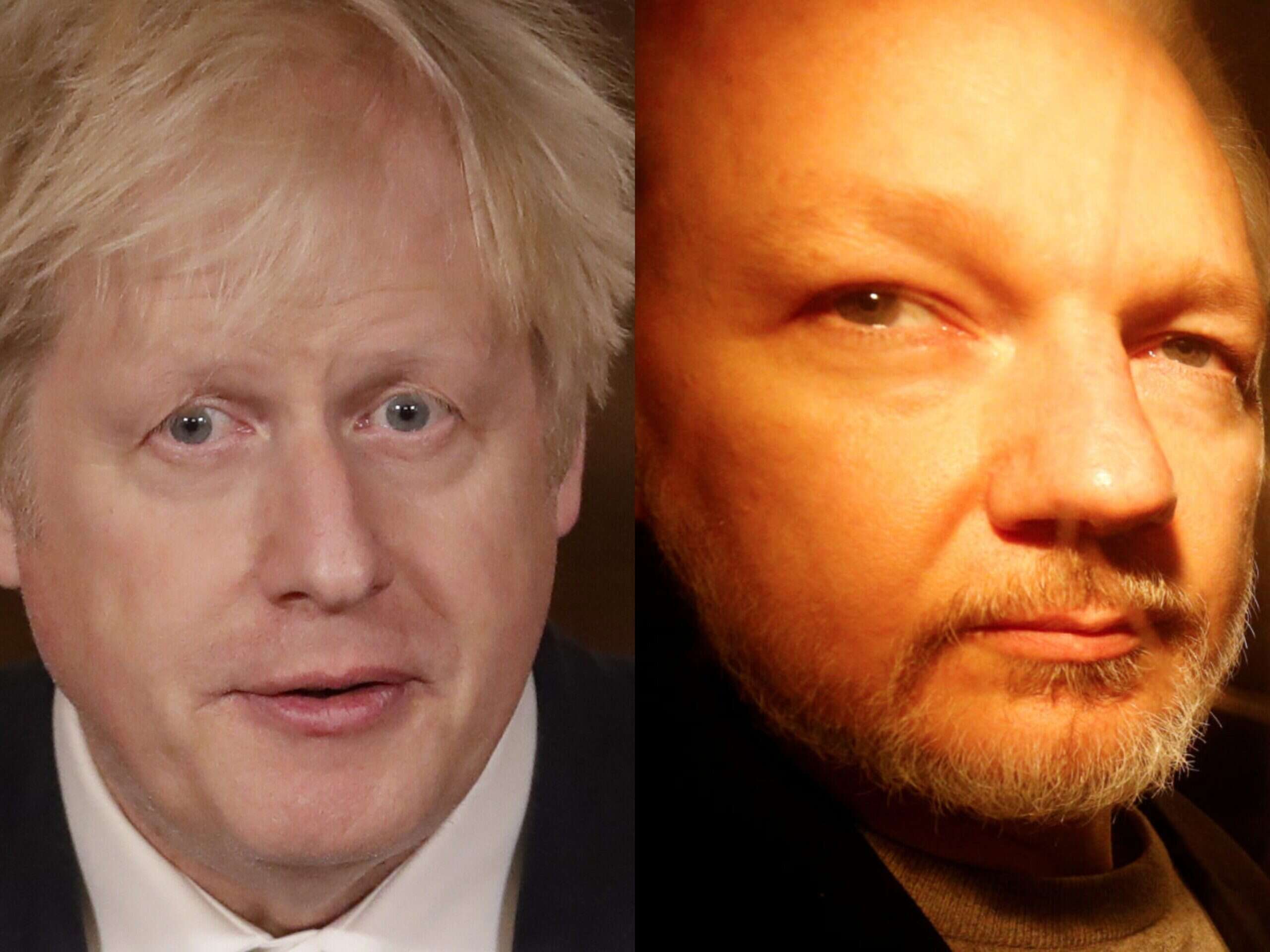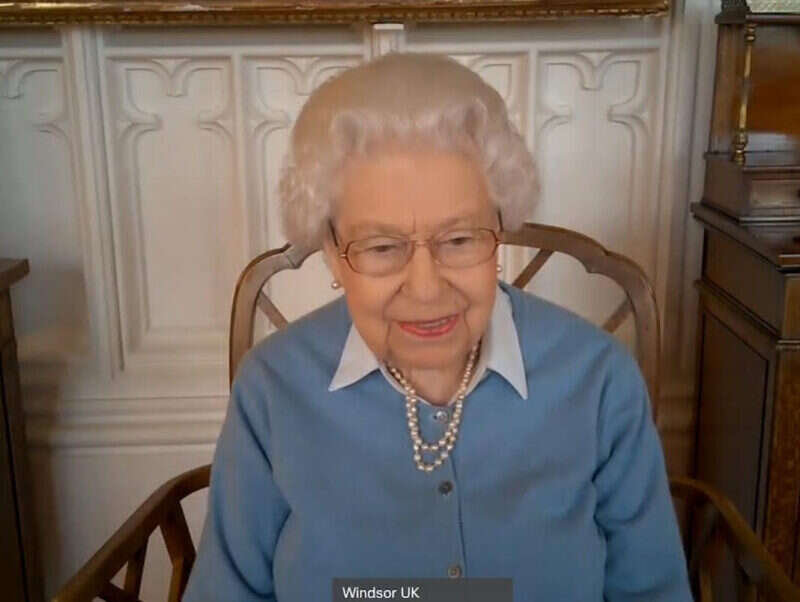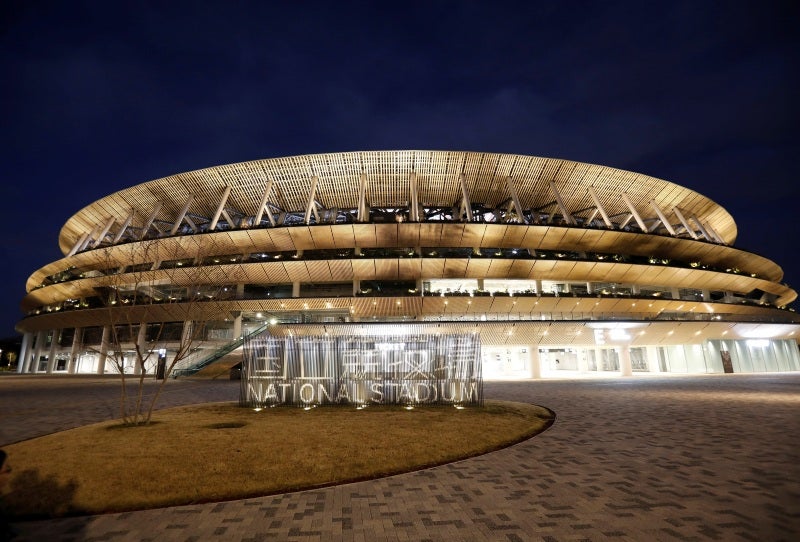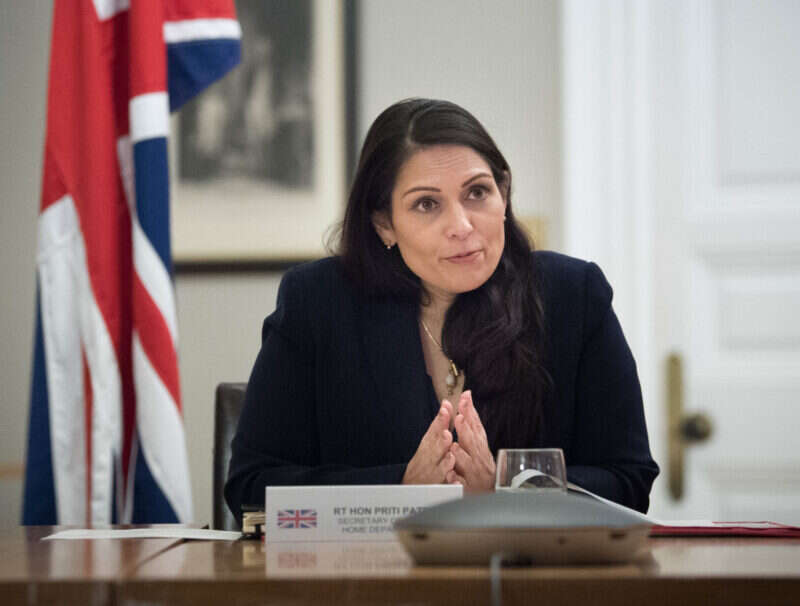
Foresight News looks ahead to the key events in the calendar for 2021 that need to be in your news diary. Events are as planned at time of writing, but subject to change based on Covid-19 developments as the year goes on.
January
January marks not just the beginning of a new year but of a whole new era for the UK as it emerges from the Brexit transition period (1 January). Talks between London and Brussels are still ongoing, meaning we still don’t know exactly what that new era will look like, but disruption to businesses and supply chains are likely either way.
A judge at the Old Bailey hands down her ruling in the extradition case against Wikileaks founder Julian Assange, who is wanted by the US on 18 charges of conspiracy to commit computer intrusion, conspiracy to obtain and disclose national defence information, and obtaining and disclosing national defence information. (4 January).
Two key dates in the US: the Georgia Senate runoffs (5 January) that will decide control of the Senate for the first two years of Joe Biden’s presidency, and Biden’s inauguration (20 January), the formal end of Donald Trump’s time in office.
Prime Minister Boris Johnson pays a visit to India, where he is scheduled to talk trade, security and climate change, and attend the annual Republic Day parade in New Delhi (26 January).
February
Four men charged over their involvement in the downing of Malaysia Airlines flight MH17 in July 2014 go on trial in the Netherlands (1 February).
The legislation underpinning the UK’s tiered coronavirus restrictions system expires (2 February) – look out for government battles with Conservative backbenchers if the restrictions need to be extended.
February features some of the last major annual events that were able to go ahead as planned in 2020, though they likely take place in modified formats this year, including Super Bowl LV (7 February), Rio Carnival (14 February) and Mardi Gras (16 February). The lunar new year (12 February) will be more widely celebrated in China in 2021 in contrast to this year’s lockdown period.
The three Martian landers that launched in July are scheduled to arrive at the red planet: China’s Tianwen-1 and UAE’s Hope Mars mission are aiming for early February, while NASA’s Mars Rover is targeting mid-month (18 February).
March
As vaccine rollouts continue, the UK marks one year since the first confirmed coronavirus death in the country (5 March) and the beginning of the UK’s first lockdown (24 March).
Chancellor Rishi Sunak delivers his second full budget; his 2020 budget was followed by several major fiscal events as the government moved to deal with the fallout from the coronavirus pandemic (3 March).
Pope Francis is due to make his first international visit in 15 months, becoming the first pontiff to visit Iraq (5-8 March).
2021 is the tenth anniversary of the Arab Spring, but March marks two grim milestones: it’s ten years since the uprising against President Bashar al-Assad (15 March), whose grip on power remains solid despite one of the most brutal civil wars in modern history, and since the NATO-led intervention in Libya (19 March), which deposed Muammar Gaddafi but left a power vacuum that still hasn’t been resolved.
A raft of government initiatives introduced this year to mitigate the effects of the pandemic are due to expire – barring an extension, we’ll see the end of reduced VAT on food and attractions, the Stamp Duty Land Tax exemption, and the ban on evictions from rented housing (31 March). The furlough scheme was due to end at the same time but has since been extended to the end of April.
April
The much-delayed latest instalment of the James Bond franchise is released, with Daniel Craig playing the iconic spy for the fifth time (2 April).
Keir Starmer can take a moment to evaluate the effectiveness of his “Under New Leadership” campaign as he celebrates one year since he was elected to replace Jeremy Corbyn as Labour leader (4 April).
The Queen, the longest-reigning British monarch, celebrates her 95th birthday (21 April).
The Academy Awards (better known as the Oscars) take place late this year, postponed from February after many of 2020’s big releases were delayed by the pandemic (25 April).

Queen Elizabeth II during a virtual visit to KPMG last week to mark the firm’s 150th anniversary. Picture: Royal Communications/PA Media
May
Northern Ireland marks the centenary of the partition that created the country in 1921 (3 May). The UK government has announced a £3m programme of celebrations, though an Orange Order parade (29 May) is currently the only major event scheduled.
Local and devolved elections that could have a major impact on the UK political map take place across the country (6 May), with the question of independence in play in both the Scottish Parliament and Welsh Senedd votes. Mayoral elections also take place in London, the West Midlands and West Yorkshire, where metro Mayors found themselves playing a more high-profile role in pandemic politics this year.
GDP figures for the first quarter of 2021 (12 May) will provide a snapshot of the UK’s economic performance in the country’s first months as an independent trading nation.
The World Economic Forum’s annual gathering shifts from Davos in January to new dates in Singapore for this year (13-16 May). The theme for 2021 is “The Great Reset”, and the WEF is touting the meeting as the first global leadership event to address worldwide pandemic recovery.
Next up in the global leadership stakes is the World Health Assembly (18-19 May), where an independent panel convened last year to consider the global response to the pandemic is due to present its final report.
And in a month bookended by bank holidays (3 and 31 May), there’s also plenty of sporting action to fill up the spring weekends. The football staples are back in their traditional slots: the men’s and women’s FA Cup finals (15 and 22 May) are followed by the end of the Premier League season (23 May), the Europa and Champions League finals (26 and 29 May) and the Football League playoffs (29-31 May), while there’s also the USPGA (20 May), French Open and Monaco Grand Prix (23 May) and Invictus Games (29 May) to enjoy.
June
The UK is due to host this year’s G7 summit for what will be the group’s first in-person meeting since 2019. Leaders from Australia, India and South Korea attend as guest nations at the invitation of the Prime Minister (date tba).
National school exams for 11, 16 and 18-year-olds begin in England (7 June), with the SATs, GCSEs and A-Levels all taking place later in the year to allow students additional time to prepare.
The Duke of Edinburgh celebrates his 100th birthday (10 June) and plans to mark the milestone include major events and a Royal photographic exhibition.
The Euro 2020 tournament begins (11 June) a year late and at the end of what could prove to be a gruellingly truncated domestic football season.
Also a year later than planned, revellers and music lovers descend on Worthy Farm for the 50th anniversary celebration of the Glastonbury festival (23-27 June). The festival had booked Beatles icon Paul McCartney for 2020, so hopes will be high for a similarly special line-up this year.
Tadej Pogačar will again be the name to watch when the Tour de France begins (26 June). Meanwhile, Andy Murray’s injury worries and lack of form suggest the crowd at Wimbledon (28 June) are unlikely to have the opportunity to see a British champion in the tournament’s return.
And five years after the historic Brexit vote (23 June) comes the deadline for EU citizens to apply for status under the Settlement Scheme (30 June) to continue to work, study and access services in the UK.
July
China celebrates 100 years since the founding of its Communist Party (1 July), with a host of public celebrations planned.
A busy sporting month kicks off with the NBA Finals (8 July) and Wimbledon finals weekend (10-11 July), the British Grand Prix (18 July), and the long-awaited Olympic Games in Tokyo (23 July).
Former socialite Ghislaine Maxwell goes on trial on multiple charges of sex trafficking (12 July). The long-time friend of the late Jeffrey Epstein is accused of both facilitating and actively engaging in criminal sexual activity with minors between 1994 and 1997 and faces up to 35 years in prison.
July also marks five years since the Bastille Day terrorist attack in Nice (14 July) and 10 years since the Utoya massacre in Norway (22 July).

The New National Stadium, the main stadium of Tokyo 2020 Olympics and Paralympics, after the construction completion ceremony in Tokyo, Japan December 15, 2019. Picture: Reuters/Issei Kato
August
Londoners will remember domestic turmoil in 2011: it’s been ten years since the death of Mark Duggan (4 August) and the subsequent riots (6 August).
Beirut marks a year since an explosion at the city’s port killed over 200 people and injured over 6,500 (4 August) caused by a fire at a warehouse storing thousands of tons of ammonium nitrate. Lebanon’s Prime Minister Hassan Diab and three ex-ministers were charged with criminal neglect over the incident.
Ministers will be hoping for a smoother process this time around as students prepare to receive results for Scottish qualifications (10 August), A-levels (24 August), and GCSEs (27 August). Scottish exams have already been cancelled for 2021.
The joint European Space Agency and JAXA BepiColumbo mission performs the second of two flybys of Venus (11 August) on its journey towards Mercury, which it is expected to reach in 2025.
September
The transition period for online companies to implement a code to protect children’s privacy online ends (2 September). After the transition, companies that fail to conform, particularly social media giants, will be handed heavy fines.
Two important elections this month: Hong Kong holds delayed polls for its Legislative Council, the first since Beijing imposed its new restrictive National Security Law on the territory in July (5 September), while Germans vote in parliamentary elections to choose who will succeed Angela Merkel after 16 years in office (26 September).
Former Home Office Permanent Secretary Philip Rutnam brings his claim for constructive dismissal against Home Secretary Priti Patel (10 September), arguing he was the victim of an orchestrated campaign after raising concerns about Patel’s behaviour. Patel denies the claim.
It’s been 20 years since 9/11, when four hijacked US planes crashed into the World Trade Center towers, the Pentagon, and a field in Pennsylvania, killing 2,996 people (11 September).
The UN General Assembly’s annual General Debate opens in New York with speeches from world leaders (21 September).
The UK’s political party conference season gets underway; while only Labour has announced set dates (26-29 September), the Liberal Democrat conference usually begins the week before (17-20 September) and the Conservative Party usually follows the week after (3-6 October).

Home Secretary Priti Patel at the Home Office in central London on 28 November 2020. Picture: PA Wire/Stefan Rousseau
October
The World’s Fair, “Expo 2020“, opens in Dubai a year later than planned (1 October).
A six-year ban on former FIFA President Sepp Blatter participating in any football activity expires (8 October). The ban, imposed alongside a ban on former UEFA President Michel Platini in 2015, formed part of the response to FIFA’s corruption scandal, in which several notable figures from the world of football were implicated in allegations of bribery and money laundering.
US government agencies declassify more documents relating to the 1963 assassination of US President John F. Kennedy (26 October).
Italy hosts a meeting of G20 leaders in Rome (30-31 October).
NASA, the European Space Agency and the Canadian Space Agency launch the next-generation James Webb Space Telescope (31 October), with scientists hoping to detect radiation from the “dark age” of the universe approximately 250-400 million years after the Big Bang.
November
Glasgow plays host to the re-arranged COP26 UN Climate Change Conference (1-12 November), which marks the first opportunity for global leaders to discuss climate issues en masse since December 2019.
A final flurry for an already impressive sporting calendar for 2021 includes the climax of the ICC T20 World Cup in India (14 November), before Formula One hits the streets of Jeddah, Saudi Arabia, for the first time (28 November).
Prime Minister Boris Johnson traditionally speaks at the Lord Mayor’s Banquet (15 November), held in honour of the outgoing Lord Mayor of London.
December
The Competition and Markets Authority is due to publish its review into the electric vehicle charging sector in the UK (by 1 December) amid plans to stop selling petrol and diesel-powered cars by 2030.
Abu Dhabi is the setting for the conclusion of what could prove to be an historic Formula One season (5 December), as Lewis Hamilton goes into the campaign knowing an eighth World Championship would make him the most successful F1 driver of all time.
One year on from the first Covid-19 vaccines in the UK (8 December), we’re sure to see some retrospectives on how much the world has changed – or not – as countries have tried to achieve immunity from the virus.
Libya plans to hold presidential and parliamentary elections to end the political instability and humanitarian crises that have resulted from the ongoing civil war between the Government of National Accord and Libyan National Army forces loyal to Khalifa Haftar (24 December).
The news diary is provided in association with Foresight News.

Picture: PA Wire/Matt Dunham and Reuters/Henry Nicholls
Email pged@pressgazette.co.uk to point out mistakes, provide story tips or send in a letter for publication on our "Letters Page" blog
